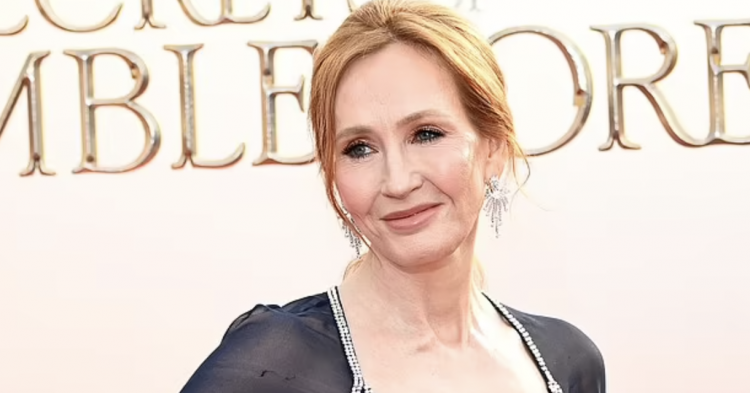JK Rowling, the acclaimed author of the Harry Potter series, recently made headlines for her firm stance on gender transitioning in children. She expressed her disapproval of celebrities supporting movements that she believes undermine women’s rights, particularly concerning gender transitioning in minors. Rowling’s outspokenness has put her at odds with Harry Potter stars Daniel Radcliffe and Emma Watson, who have voiced their support for the transgender community.
Rowling’s comments came in response to the release of the Cass report, a comprehensive review of gender treatment in the UK. The report, authored by leading pediatrician Dr. Hilary Cass, highlighted concerns about the lack of robust evidence supporting gender transitioning in teenagers. It also criticized the toxic nature of the debate surrounding the issue.
The author emphasized the need for accountability from those who advocate for gender transitioning in children, calling on them to apologize to individuals who have detransitioned and women who rely on single-sex spaces for their safety. Rowling’s stance has drawn both support and criticism from various quarters.
The Cass report has reignited discussions about the appropriate age for gender transitioning and the need for more research into its long-term effects. It recommended significant reforms to NHS trans services, including establishing a separate service for detransitioners and improving support for teenagers transitioning out of care.
Despite the report’s findings, the debate over transgender rights remains highly polarized. Medical professionals, activists, and celebrities continue to voice opposing views on the issue, contributing to a climate of division and mistrust.
Rowling’s comments have sparked debates not only about gender transitioning but also about freedom of speech and the role of celebrities in shaping public discourse. Some argue that Rowling’s platform gives her a responsibility to use her voice responsibly, while others defend her right to express her opinions, however controversial they may be.
Ultimately, the Cass report underscores the complexity of the issue and the need for informed, evidence-based discussions about gender transitioning in children. It highlights the importance of balancing the rights of transgender individuals with the need to ensure the safety and well-being of all members of society, particularly vulnerable groups such as children and women.
In conclusion, JK Rowling’s remarks on gender transitioning in children have ignited a heated debate about the rights of transgender individuals, the responsibilities of celebrities, and the need for evidence-based policymaking. The Cass report provides valuable insights into the challenges facing trans youth and the urgent need for reforms in NHS trans services. As the discussion continues, it is essential to approach the issue with empathy, understanding, and a commitment to finding solutions that prioritize the well-being of all individuals involved.
